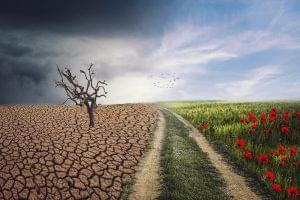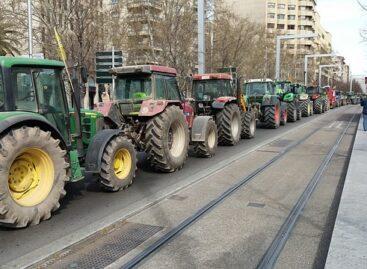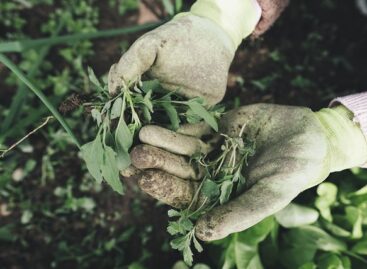János Áder: the fight against the climate crisis involves a technological change
The fight against the climate crisis involves a technological change – said János Áder, former president of the republic, chairman of the board of trustees of the Kék Bolygó Climate Protection Foundation, on Wednesday in Siófok, at the Agricultural Sector 2022 conference.

(Photo: Pixabay)
According to János Áder, there is no question that the change must be made, but at the same time he drew attention to the fact that, on a global level, Hungary’s share of the total emissions of gases responsible for climate change is 0.14 percent, and that of Europe is less than 9 percent, meaning that a global agreement would be necessary. Referring to the failure of the climate negotiations so far, he noted that the agreement should begin with the participation of the United States and China, which are responsible for 40 percent of emissions, and the G20, which is responsible for 80 percent, could join. Referring to the climate talks in Paris, he stated that he considers the goal of keeping global warming below one and a half degrees unattainable. He added that adaptation will also be key in agriculture.
János Áder pointed out that there was and will be a drought in the Carpathian Basin
In Hungary, this should be considered a given, which climate change will strengthen. A research carried out 15 years ago established that the effects of climate change are felt earlier and much more severely in the Carpathian basin than in other areas of Europe, he added. The former president of the republic also addressed the inadequacies of land use. He pointed out that it takes 200-500 years for one centimeter of farmland to develop, while there are areas of the country where tens of centimeters of farmland have disappeared in recent years. According to a survey prepared by the UN, we lose 6 trillion dollars worldwide every year due to soil degradation – he expressed the seriousness of the problem.
“No matter how we develop the irrigation system, 7 or 10 percent of the country can be irrigated,” said János Áder. He added that adaptation could also mean a change of crops and the compulsion to retain our waters much better than at present. “Agricultural areas must be returned to nature, whether you like it or not,” he said.
Animal husbandry is not responsible for climate change
Tamás Tarpataki, the Deputy Secretary of State responsible for agricultural markets at the Ministry of Agriculture, said at the event’s round table discussion on the effects of climate change: compared to how many attacks it faces, animal husbandry can be held responsible for the fight against the climate crisis at a global level of just over 5 percent. He cited UN data, according to which agriculture and land use are responsible for 18 percent of greenhouse gas emissions, of which livestock represents 30 percent. “At the same time, everything must be done to reduce emissions,” he stated. The deputy state secretary also spoke about the need to strive for a balance between crop production and animal husbandry in the agricultural sector for the sake of sustainability. According to last year’s data, which shows no significant change in ten years, 61 percent of the output of Hungarian agriculture comes from crop cultivation, 31 percent from animal husbandry, and the rest from agricultural services and secondary activities, he said.
Extreme weather greeted us
Balázs Győrffy, the president of the National Chamber of Agrarian Economy, spoke about the extreme weather conditions in the past five years compared to the previous decade and a half. Supercells, responsible for 80-85 percent of storm damage and ice damage, formed four to six times a year. He also mentioned that the country currently has slightly more than 5 million hectares of arable land, which was 7 million hectares in the 60s.
MTI
Related news
EU poultry meat rules are changing: the 12-week limit for “free-range” labeling is being relaxed during a pandemic
🎧 Hallgasd a cikket: Lejátszás Szünet Folytatás Leállítás Nyelv: Auto…
Read more >The key to spring weed control is proper timing
🎧 Hallgasd a cikket: Lejátszás Szünet Folytatás Leállítás Nyelv: Auto…
Read more >Related news
Festival buzz at the 60th anniversary EuroShop trade fair
🎧 Hallgasd a cikket: Lejátszás Szünet Folytatás Leállítás Nyelv: Auto…
Read more >Historic price reduction at ALDI
🎧 Hallgasd a cikket: Lejátszás Szünet Folytatás Leállítás Nyelv: Auto…
Read more >A stable compass in the Hungarian FMCG sector for 20 years
🎧 Hallgasd a cikket: Lejátszás Szünet Folytatás Leállítás Nyelv: Auto…
Read more >








